Participation and Non-Participation in Student Activism
Radical Subjects in International Politics
Series editor: Ruth Kinna
This series uses the idea of political subjection to promote the discussion and analysis of individual, communal, and civic participation and activism. Radical subjects refers both to the character of the topics and issues tacked in the series and to the ethic guiding the research. The series has a radical focus in that it provides a springboard for the discussion of activism that sits outside or on the fringes of institutional politics, yet which, insofar as it reflects a commitment to social change, is far from marginal. It provides a platform for scholarship that interrogates modern political movements, probes the local, regional, and global dimensions of activist networking and the principles that drive them, and develops innovative frames to analyse issues of exclusion and empowerment. The scope of the series is defined by engagement with the concept of the radical in contemporary politics but includes research that is multi- or interdisciplinary, working at the boundaries of art and politics, political utopianism, feminism, sociology, and radical geography.
Titles in Series:
Taking the Square: Mediated Dissent and Occupations of Public Space , edited by Maria Rovisco and Jonathan Corpus Ong.
The Politics of Transnational Peasant Struggle: Resistance, Rights and Democracy , Robin Dunford.
Sustainable Urbanism and Direct Action: Case Studies in Dialectical Activism , Benjamin Heim Shepard.
Participation and Non-Participation in Student Activism: Paths and Barriers to Mobilising Young People for Political Action , Alexander Hensby.
Participation and Non-Participation in Student Activism
Paths and Barriers to Mobilising Young People for Political Action
Alexander Hensby
London New York
Published by Rowman & Littlefield International Ltd.
Unit A, Whitacre Mews, 26-34 Stannary Street, London SE11 4AB
www.rowmaninternational.com
Rowman & Littlefield International Ltd. is an affiliate of Rowman & Littlefield
4501 Forbes Boulevard, Suite 200, Lanham, Maryland 20706, USA
With additional offices in Boulder, New York, Toronto (Canada), and Plymouth (UK)
www.rowman.com
Copyright Alexander Hensby 2017
All rights reserved . No part of this book may be reproduced in any form or by any electronic or mechanical means, including information storage and retrieval systems, without written permission from the publisher, except by a reviewer who may quote passages in a review.
British Library Cataloguing in Publication Data
A catalogue record for this book is available from the British Library
ISBN: HB 978-1-7834-8693-9
PB 978-1-7834-8694-6
Library of Congress Cataloging-in-Publication Data is Available
ISBN 978-1-78348-693-9 (cloth: alk. paper)
ISBN 978-1-78348-695-3 (electronic)

The paper used in this publication meets the minimum requirements of American National Standard for Information SciencesPermanence of Paper for Printed Library Materials, ANSI/NISO Z39.48-1992.
Printed in the United States of America
For Susan, mother and proto-sociologist
Contents
This book is about student activism, and why some students convert their political interests into forms of action, and why others do not. These are in many ways timeless questions for social science research, but they have taken on a new potency in recent years due to the remarkable movement of the squares protest cycle (Biekart & Fowler, 2013; Gerbaudo, 2013; Kavada, 2015), as well as the mobilising powers of information communications technologies and social media networks (Bennett and Segerberg, 2012; Castells, 2012). While recent scholarship has devoted much of its energies to the new mobilising opportunities these movements and technologies have created, relatively little attention has been paid to non -participation in this context. Beyond critiques of the professionalisation of party and activism politics (e.g. Hay, 2007; Dauvergne and LeBaron, 2014), there have been few attempts to understand the sociological factors which may promote and sustain non-participation in contemporary society.
In exploring these questions, this book draws on the case study of the 2010/11 UK student protests. Although preceding the aforementioned protest cycle as per Kavadas (2015) definition, the protests shared many of its characteristics and repertoires. The UK Governments proposal to treble the cap on tuition fees for students in England prompted large-scale regional and national demonstrations, and the formation of a network of multiple, simultaneous university occupations. Taking place across seven weeks in autumn 2010, the protests arguably generated a greater scale and diversity of participation than had been seen on UK campuses for more than a generation. Yet this moment of agency was short lived, as activists struggled to sustain the momentum of the campaign once the fees increase was passed in Parliament. Using original survey data of students from 22 UK universities, and 56 in-depth interviews with students from six universities, this book explores the protests rise and fall. This reveals important insights about the different layers of engagement and identification among participants, as well as the social and political characteristics of non-participants.
Student activism, of course, has its own distinct protest tradition, and this book also seeks to frame and contextualise the case study within the unique properties of the campus field, as well as the modes of organisation and participatory repertoires central to its history. In so doing, it brings together three relevant, yet often divergent, literatures of political science, social movement studies, and sociology. This allows analysis to take full account of the relationship between formal and contentious politics, and the intersections between social and political dynamics. In sum, this book seeks to contribute to a more general sociology of politics , incorporating a sociological analysis of the identities, value formations, and subcultures that are found in political groups, parties, and networks.
Acknowledgements
The writing of this book would not have been possible without the invaluable support of some very important people. This partly reflects the projects unusual evolution: when I began my PhD at the University of Edinburgh in September 2010, the student fees protests upon which the thesis would be based was yet to happen. Already committed to a case study for researching political participation and non-participation, I quickly became distracted by the sudden and incredible surge of movements, campaigns, and revolutions occurring across the world during this time. Each of these from the Arab Spring to the Indignados, from UK Uncut to Occupy represented a potentially fascinating topic for research, encompassing as they did the embrace of new technologies and the radical rejection of the political status quo. For any PhD student, ditching preconceived plans to pursue unfolding events can be a risky business, and to this end I wish to thank my supervisors Hugo Gorringe and Michael Rosie for their advice and mentorship. Not only did they encourage me to follow these movements and assess their research potential, they crucially pulled me back into reality once it was time to commit to a single case study. Moreover, throughout fieldwork and the writing-up process, Hugo and Michael provided regular feedback and advice. In short, this research simply would not have been possible without their continual hard work and support.


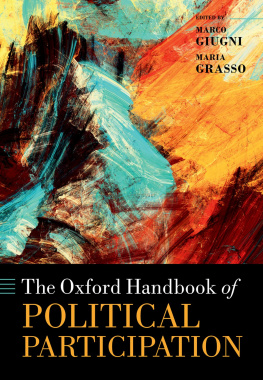
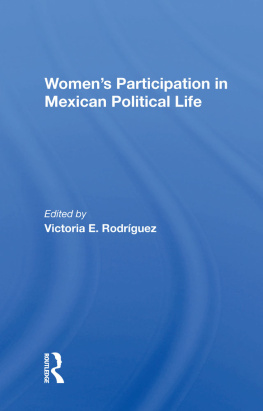
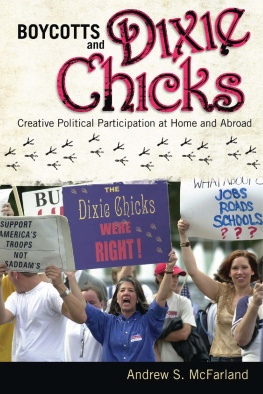
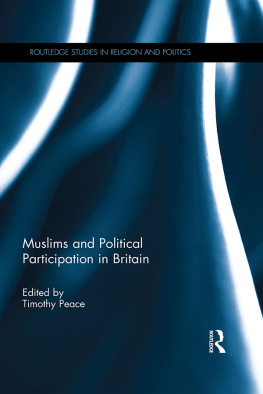
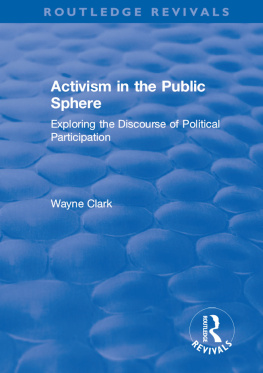
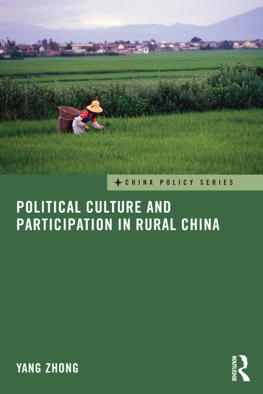
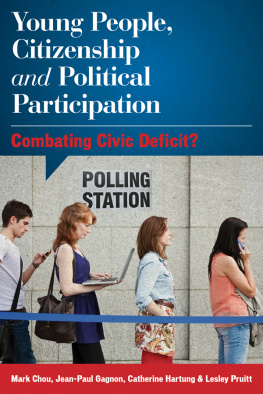
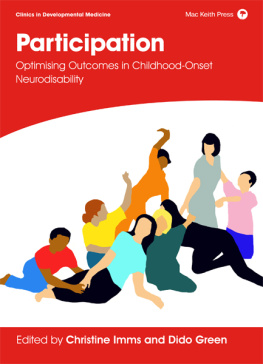

 The paper used in this publication meets the minimum requirements of American National Standard for Information SciencesPermanence of Paper for Printed Library Materials, ANSI/NISO Z39.48-1992.
The paper used in this publication meets the minimum requirements of American National Standard for Information SciencesPermanence of Paper for Printed Library Materials, ANSI/NISO Z39.48-1992.